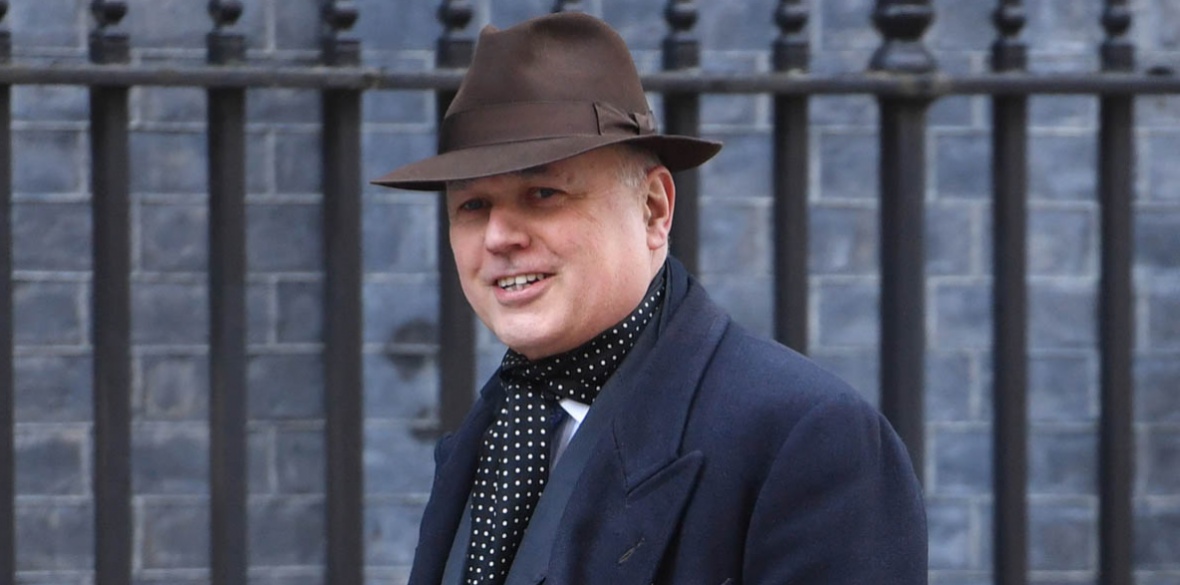YOU have to feel sorry for Iain Duncan Smith.
If the excellent Faiza Shaheen, Labour’s candidate in the Chingford and Wood Green constituency, had won just another 1,263 votes then the man who chaired Boris Johnson’s Tory leadership campaign would have been elevated to the upper house.
He could have put his feet up and collected his 300 quid a day for as long as he fancied, free from the searching scrutiny that ministerial office attracts and which has already dealt him a bruising series of blows.
Instead he has been given a measly knighthood and is most likely to be pressed into service after Johnson’s reshuffle.
In 2001, as Margaret Thatcher’s favourite, Duncan Smith, was elected as leader of the Tory Party.
His first public act in that role was to give unconditional support for the war on Iraq.
His ministerial record is not very impressive. In 2013, the National Audit Office said his Work and Pensions Department was characterised by “weak management, ineffective control and poor governance; a fortress mentality, a ‘good news’ reporting culture, a lack of transparency, inadequate financial control, and ineffective oversight.”
For good measure it had wasted £34 million on a dodgy computer system.
Duncan Smith’s successful stewardship of the Johnson leadership election campaign may well be down to his hard-earned insights into the mentality and mood swings of the parliamentary Tory Party.
As much as he knows them, they know him. This is a body of women and men who, in October 2003, unceremoniously deposed him as party leader rather than risk an election with him in charge. Challenged to back him or sack him they chose the latter.
Back on the back benches, Duncan Smith created a so-called Centre for Social Justice and devised a moralistic lexicon to justify a punitive reform of the pension, social security and unemployment benefit systems.
Universal credit is his crowning achievement while for pensioners he wanted to “reinvigorate retirement.”
“People are living longer and healthier lives than ever, and the last thing we want is to lose their skills and experience from the workplace due to an arbitrary age limit,” he proclaimed before justifying raising the pension age.
On April Fools’ Day 2013 Duncan Smith claimed he could live on £43 a week —– the sum left to a claimant after housing costs were paid.
Fortunately for the new Lady Duncan Smith this contingency may not arise as the couple live in a country house belonging to her father, the 5th Baron Cottesloe.
The way Britain’s political system dishes out titles, honorifics and and awards tells us a lot.
It is rooted in the feudal system whereby state power was secured by the distribution of titles which conferred ownership of land or ecclesiastical power.
With the transition from feudalism to capitalism, the award of land and the system of reciprocal obligations was superseded by the granting of titles, positions in a hierarchy of ranks and personal honours.
Duncan Smith gets a knighthood, supposedly the mark of chivalry.
It is hard to imagine a ministerial career less marked by chivalrous conduct towards others.
In granting Duncan Smith this title, Johnson has made even more explicit the political nature of the honours system.
Tony Blair created more life peers than any of his predecessors.
The man who became New Labour’s fundraiser previously ran Blair’s Labour Leader’s Office Fund.
He himself was created a life peer after the 1997 general election.
This was before he was arrested and released on bail in the police cash for honours investigation in which Blair himself was questioned.
Labour renewed should have nothing to do with this corrupt system.











